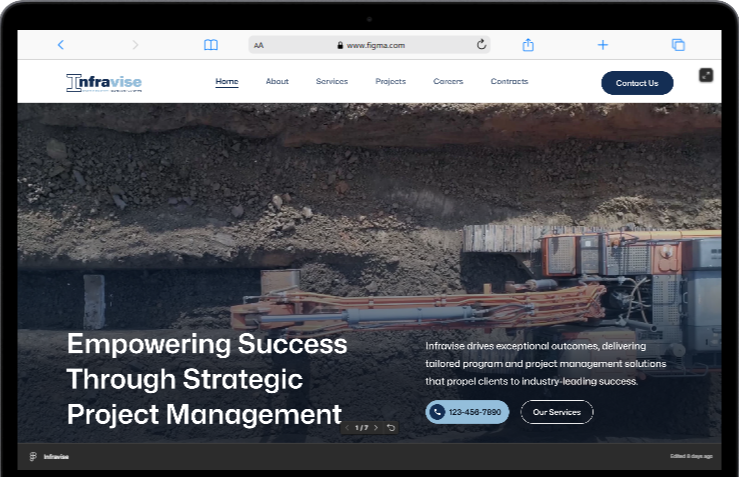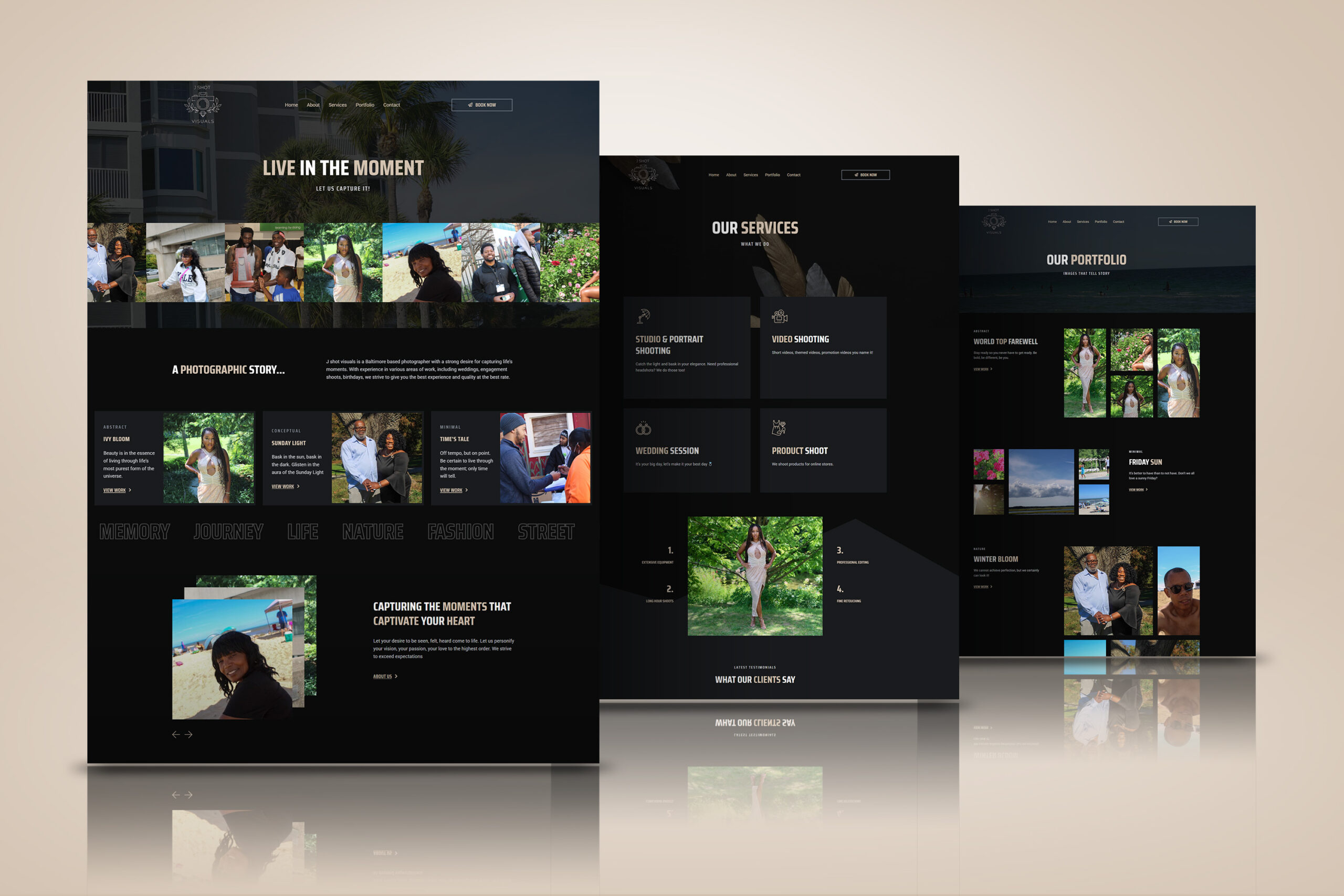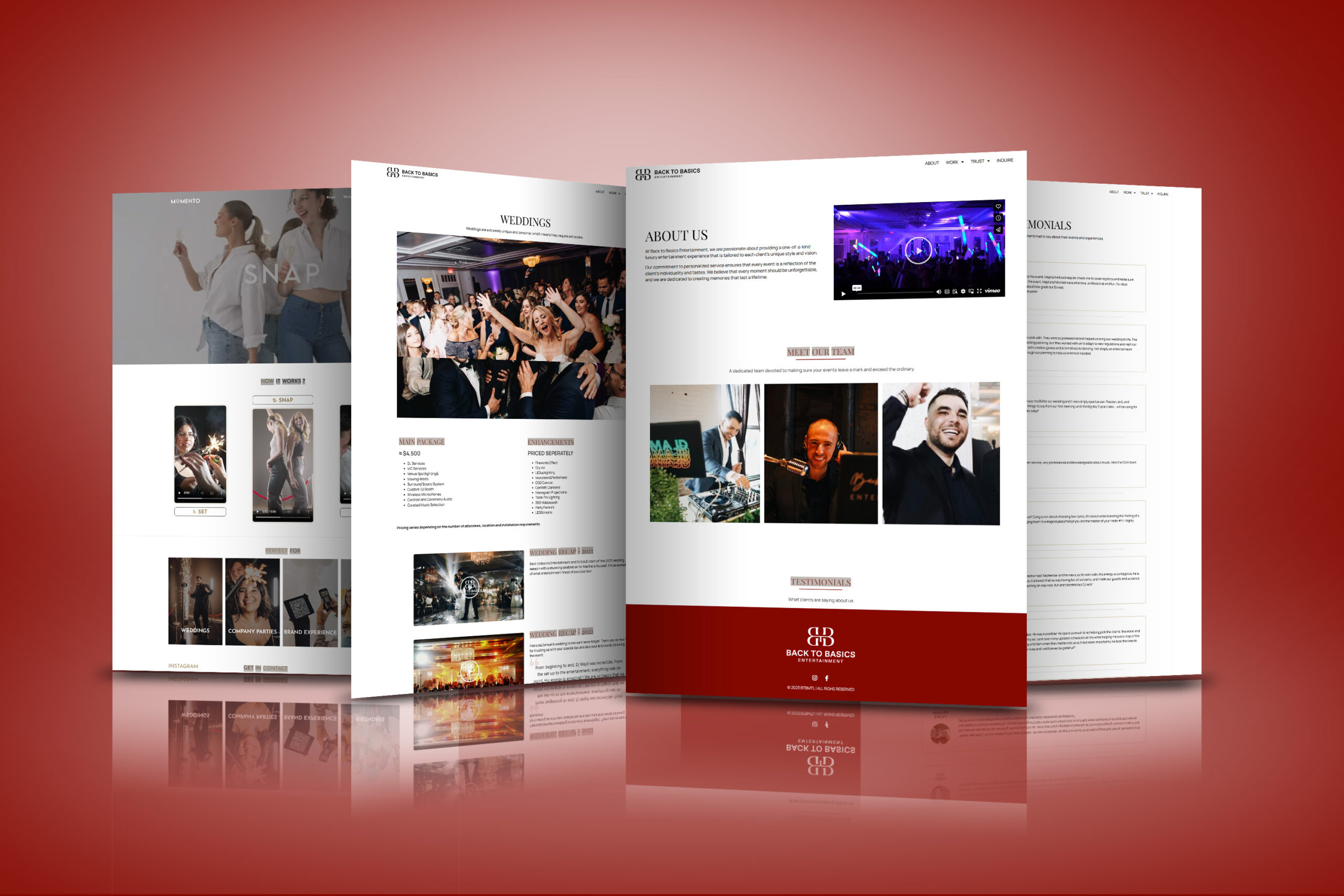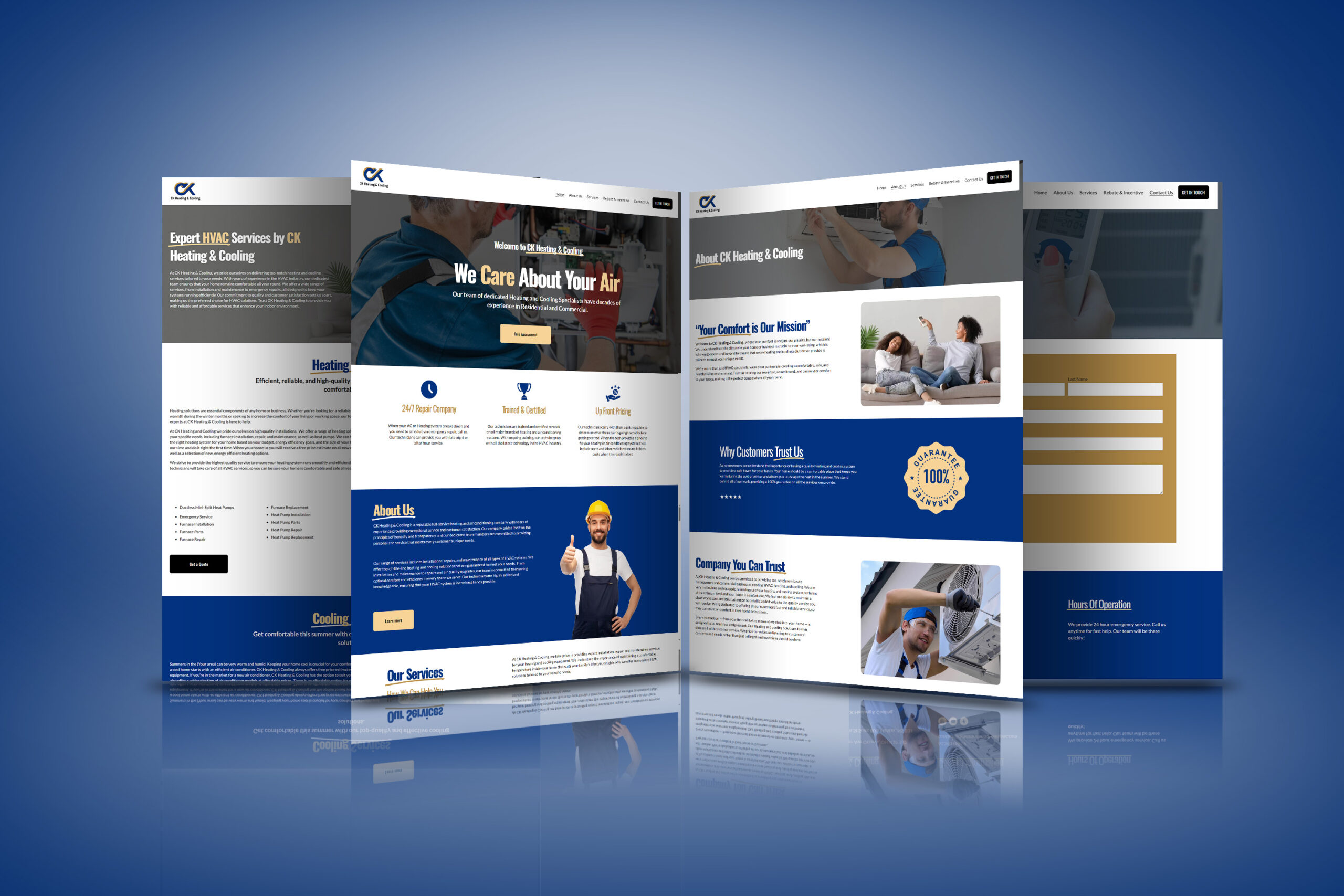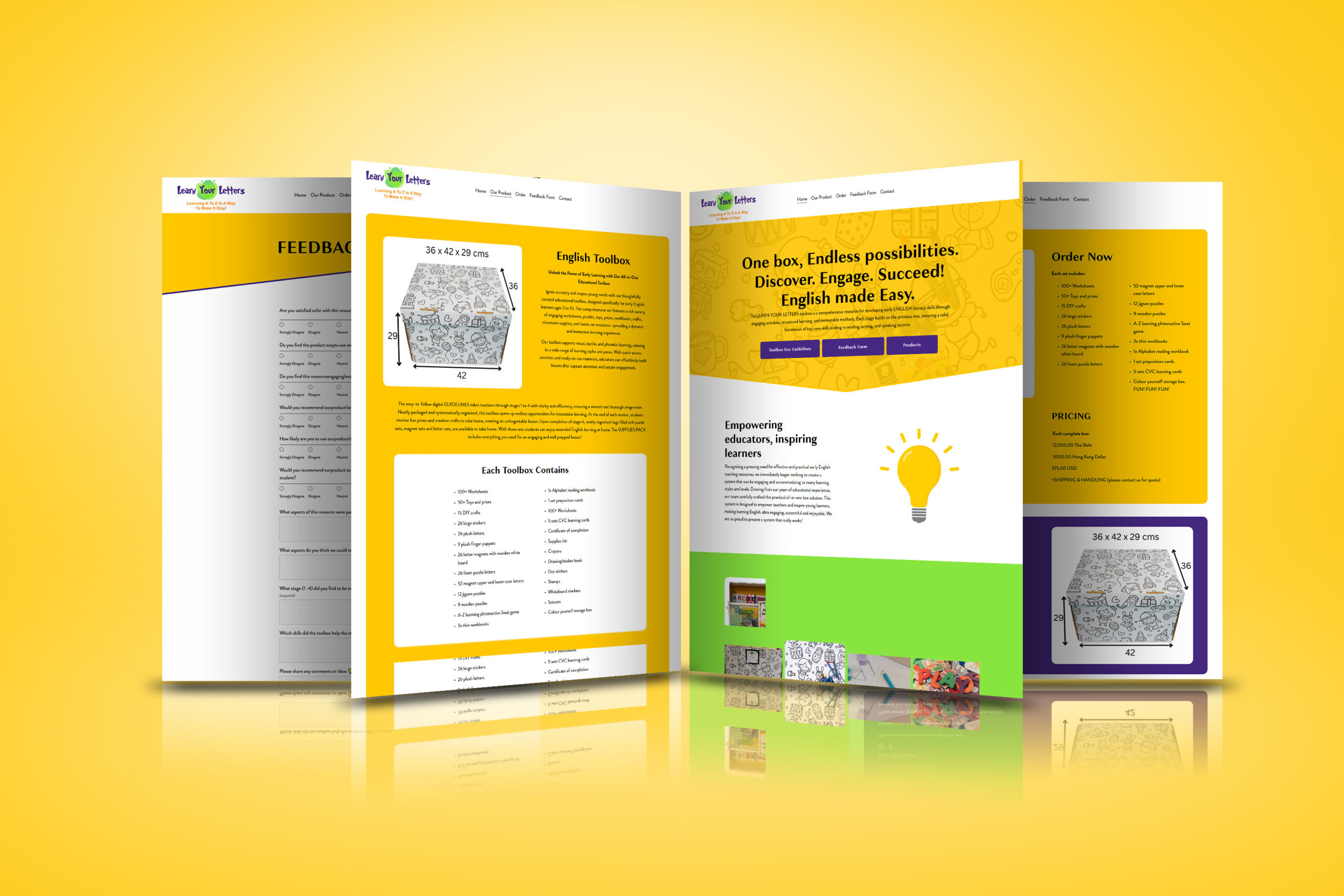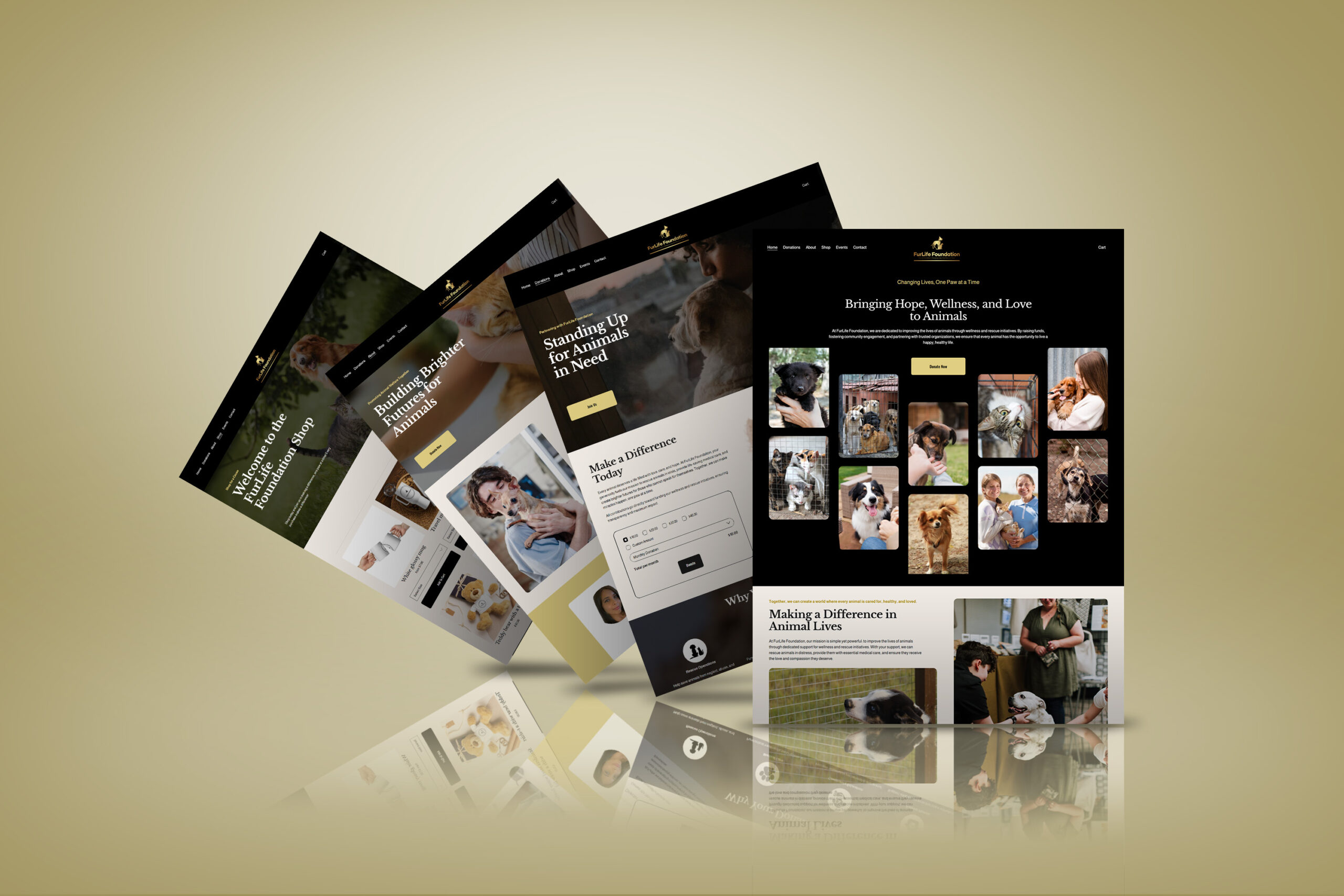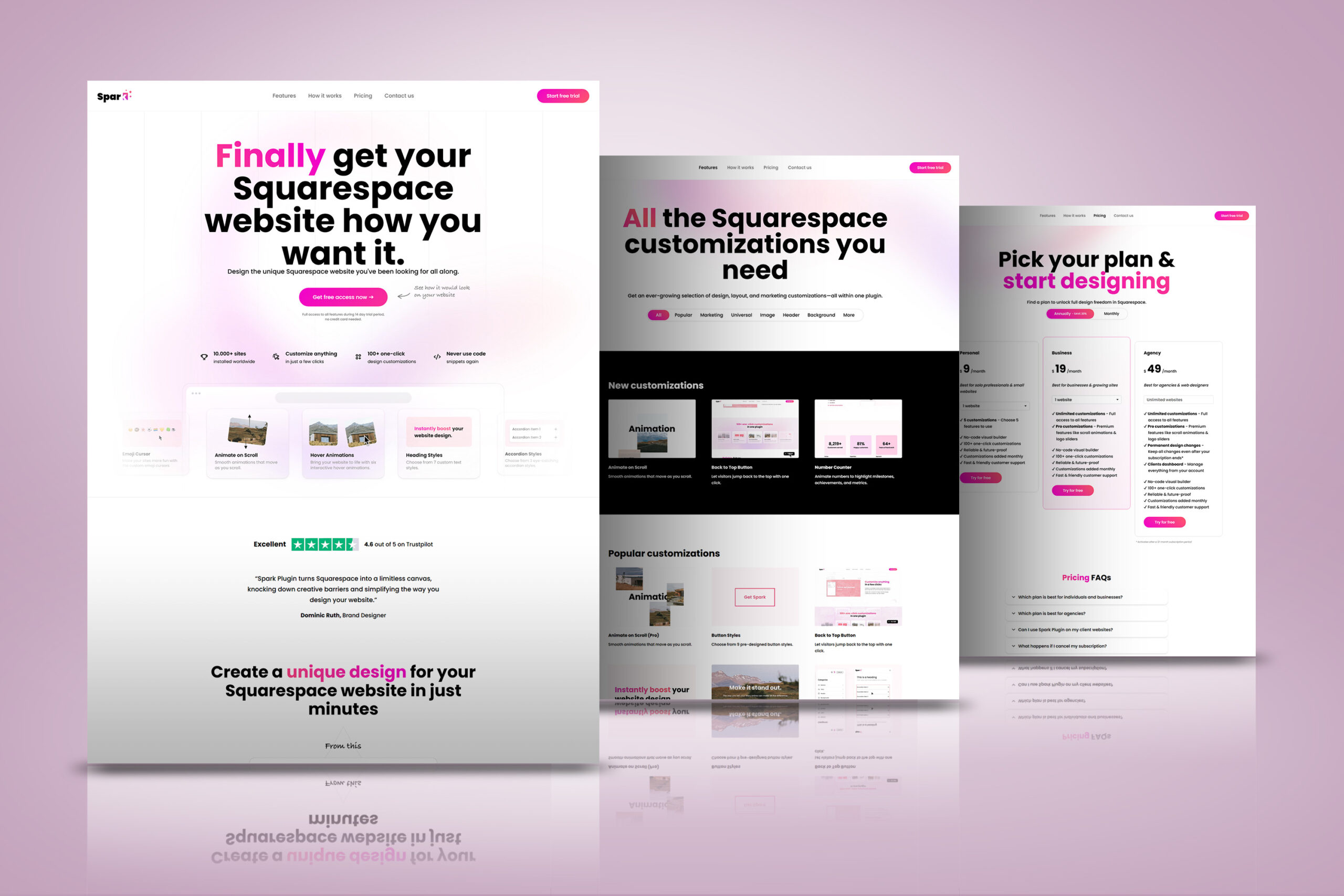Introduction
Choosing the right website platform is crucial for your business’s online success. In 2025, the competition between WordPress, Wix, Shopify, and Webflow remains fierce — but which one suits your business needs best?
This guide breaks down the pros, cons, and unique strengths of each platform across design flexibility, SEO, e-commerce, ease of use, and scalability. Let’s find your perfect match!
1. WordPress: The Customization King
WordPress powers over 40% of the web, and for good reason.
✅ Pros
- Unlimited customization with thousands of themes and plugins
- Best for SEO with plugins like Yoast SEO
- E-commerce ready with WooCommerce
- Great for blogs, portfolios, and complex websites
❌ Cons
- Learning curve for beginners
- Requires maintenance (plugins, themes, security)
- Hosting and domain need to be set up separately
Best for: Businesses needing flexibility, content-heavy sites, and e-commerce.
2. Wix: Drag-and-Drop Simplicity
Wix is an intuitive, beginner-friendly website builder with a drag-and-drop editor.
✅ Pros
- Easy to use — no coding required
- Beautiful templates with built-in animations
- Includes hosting and domain setup
- Basic SEO features
❌ Cons
- Less flexible for advanced features
- Limited scalability for large websites
- Can be pricier with add-ons
Best for: Small businesses, creatives, and beginners who want fast, stylish websites.
3. Shopify: E-Commerce Powerhouse
If you’re selling products, Shopify is a leader in online stores.
✅ Pros
- Built for e-commerce — includes inventory, payments, shipping
- Secure and reliable hosting included
- App store for advanced features
- SEO tools for product pages
❌ Cons
- Less control over design and functionality
- Transaction fees (unless you use Shopify Payments)
- Monthly cost can add up with apps
Best for: Online stores, dropshipping, and businesses focusing on e-commerce.
4. Webflow: Design Freedom for Developers
Webflow combines visual design with code-level control — a favorite for designers and developers.
✅ Pros
- Total design freedom with visual CSS styling
- Built-in CMS (great for blogs and dynamic content)
- SEO-friendly structure
- Hosting included
❌ Cons
- Steeper learning curve than Wix
- Not ideal for beginners without design knowledge
- Pricing can be complex
Best for: Designers, developers, and businesses wanting a highly unique, interactive site.
5. Which Platform is Right for You?
Let’s simplify things:
- WordPress → Best for blogs, content-heavy sites, and businesses needing full customization.
- Wix → Best for small businesses, portfolios, and those who want easy, fast website creation.
- Shopify → Best for product sellers and e-commerce stores.
- Webflow → Best for designers, developers, and custom, visually stunning websites.
Final Thoughts
The “best” platform depends on your business goals, budget, and technical skills. If you’re looking for ease of use, Wix might be your go-to. For serious e-commerce, Shopify leads the way. Want ultimate customization? WordPress and Webflow have your back.
✨ Need help choosing or building your site? Reach out to Ali DevSolutions for expert advice and custom website development!



